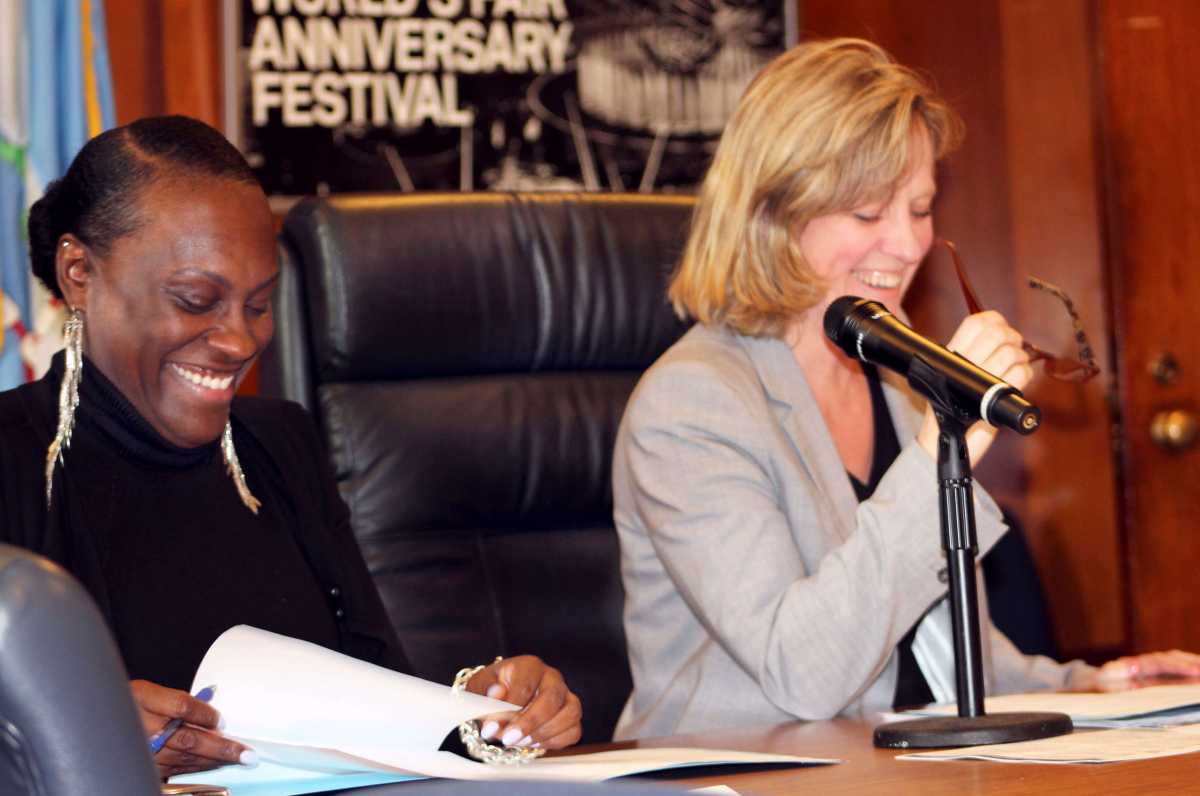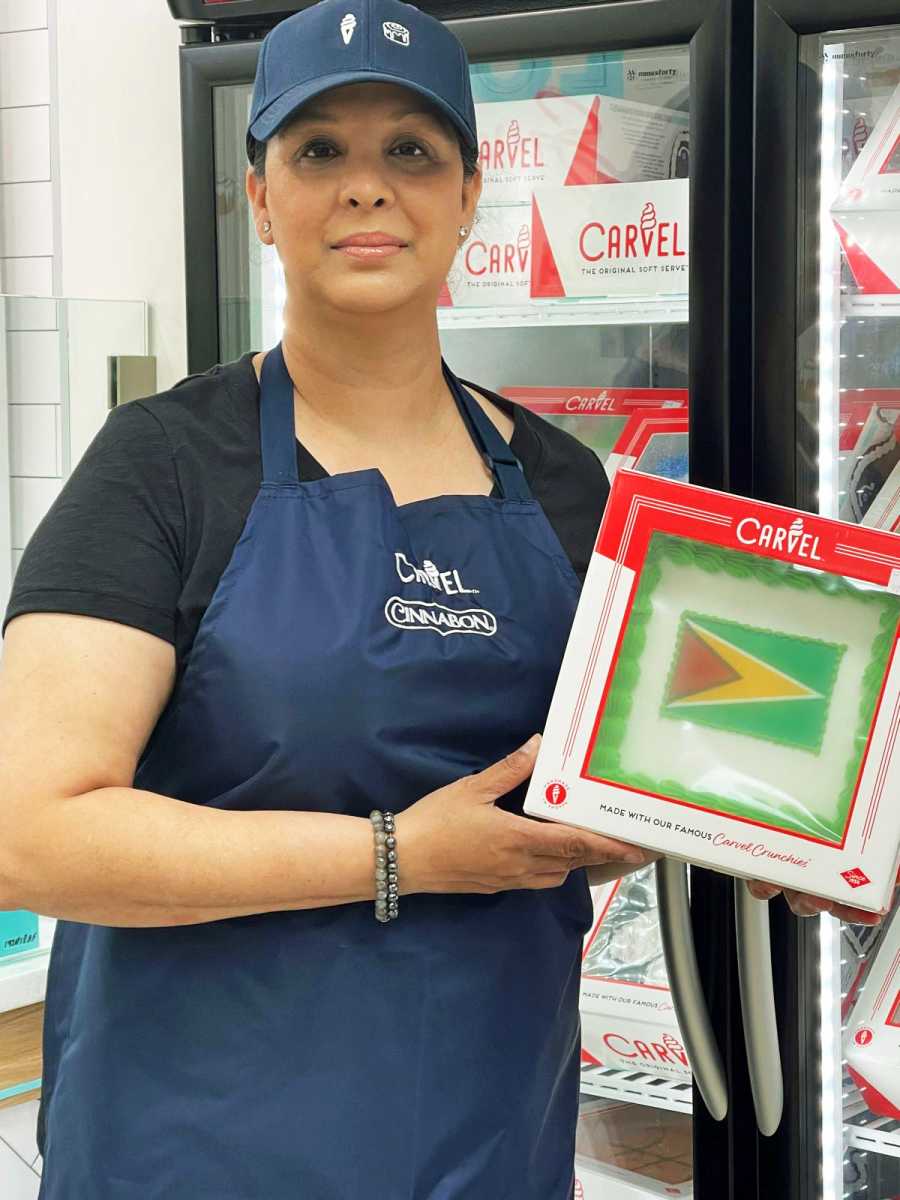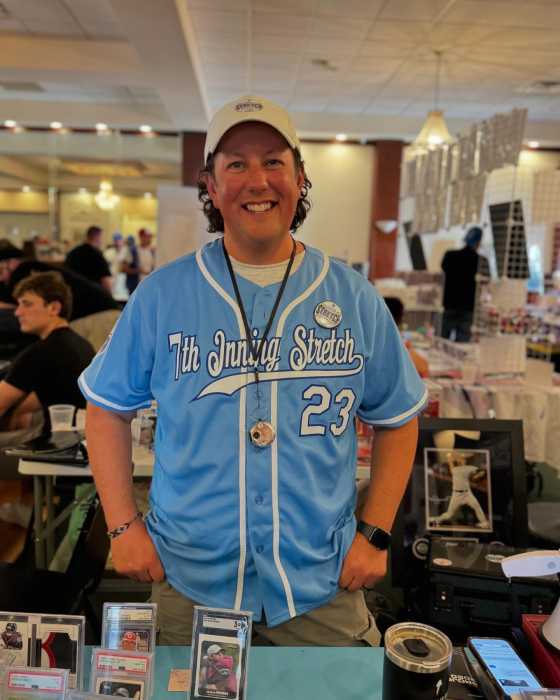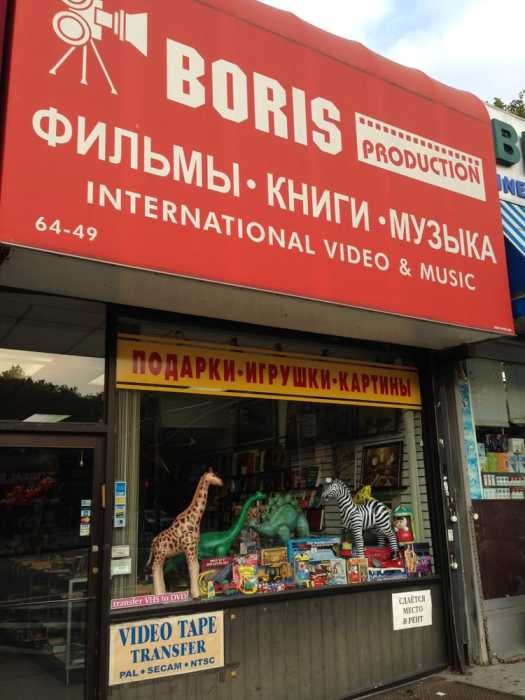Melva Miller, the former deputy Queens borough president, was appointed on Dec. 4 as the new executive vice president of the Association of a Better New York (ABNY), a non-profit civic organization.
The Laurelton resident will lead ABNY’s initiative to ensure that as many New Yorkers as possible are counted in the 2020 Census to ensure that proper federal funding will go to higher education, affordable housing and other important public concerns, according to the civic organization.
“I’m excited, I’m excited,” said Miller. “Working with civic-minded business leaders is something that I’ve been doing for the past 14 years.”
Queens Borough President Melinda Katz appointed Miller as her deputy in 2015; she helped to create the Jamaica NOW Action Plan, a stakeholder-driven strategy to increase quality employment, economic diversity and financial security in downtown Jamaica.
In her former role, Miller also served as the lead organizer of the Western Queens Tech Strategic Plan, which was an initiative to produce a five-year blueprint for equitable growth of the Long Island City and Astoria tech ecosystem, according to ABNY.
Now, the ABNY wants to make sure that the 2020 Census includes a proper count of all New York City residents because the final numbers will make a huge difference into how much funding the city and state will receive over the following decade.
“The Census will determine tens of billions in federal funding for New York City and State,” said Steven Rubenstein, chairman of ABNY. ” We are lucky to be adding Melva…to our team. We needed an individual who knows how to organize from the ground up, who understands how to manage New York’s unique politics, and who has serious policy chops, too.”
For Miller, working on the 2020 Census will be one of her most important jobs yet.
“In 2010, Queens was severely undercounted for a number of reasons,” said Miller. “It’s a constitutional right for everybody in the United States to be counted and that data dictates a number of things that affect the quality of life for all of us.”
The Census has an impact on funding for programs for youths and seniors, and it determines the number of Congressional seats we have, according to Miller.
“I worked on this tangentially at the Queens Borough’s Office, and now I get to work on this full force and with additional challenges with the 2020 Census it’s important that we have all hands on deck,” said Miller.
Three of the major challenges include the citizenship question, pushing the questionnaire to be online, and a substantial reduction on Census Bureau enumerators, or people who are responsible to do the count, according to Miller.
“We need to really get out the word on it and protect folks,” said Miller.
She fears that the citizenship question will deter undocumented individuals from coming forward and being counted, that people without reliable broadband or who don’t use computers won’t be counted, and that with cuts in the federal budget for Census staff could result in one of the largest cities in the world being undercounted again and therefore short on resources.
“There are currently six lawsuits across the country about the [citizenship] question,” said Miller. “We have data that shows that it deters people from participating in the Census and that has enormous ramifications for an accurate count for who is in the United States.”
In 2010, there were 12 regional census centers and 506 local census centers across the country, 39 area offices in New York State and 26 in New York City, according to Miller. For 2020, it is estimated that there will be six regional census centers and 248 local census centers across the country, 21 area centers in New York State and 12 in New York City.
“What ABNY does it pull in our private partners and we are polling to learn about all the challenges, and our next step is to get in touch with government partners to draft messaging to get the word out about the importance of being counted,” said Miller. “We are doing focus groups to learn what they know about the Census [and] if they know it’s their Constitutional right and how it affects their quality of life.”
ABNY hopes to target messaging to the communities that have historically been undercounted with the polling and focus group information.
“We want to provide solutions, whether that is technology, whether that is content creation, whether that is pop-up centers or translation services,” said Miller. “The end game is to work out a get out the Census campaign in a micro-targeted way in the communities that is most vulnerable.”




































